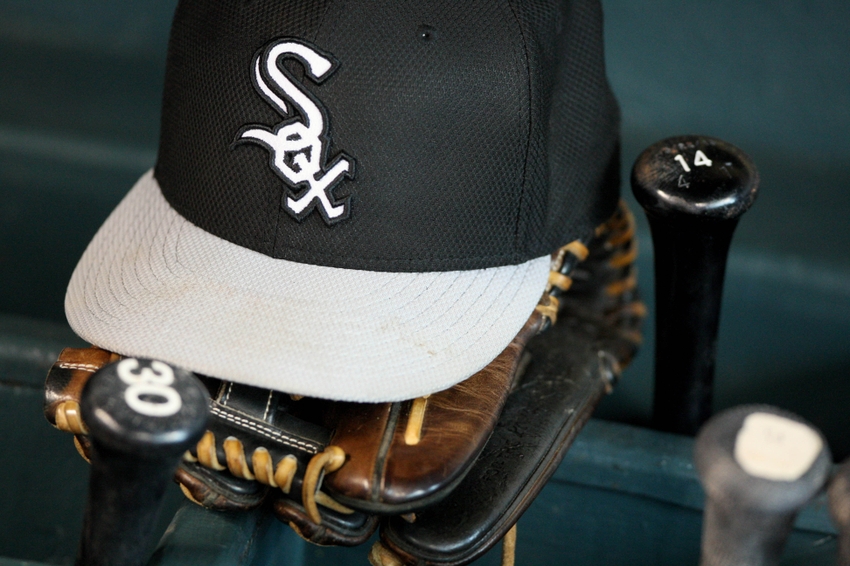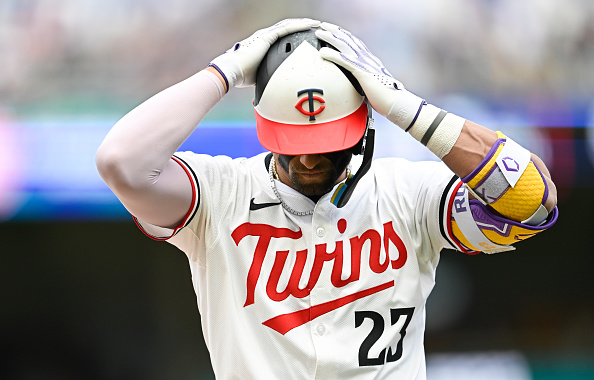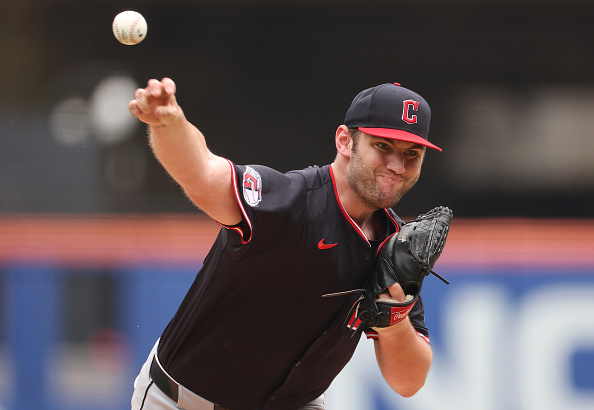Originally drafted out of high school by the Red Sox in the 20th round of the 1984 MLB Draft, Jack McDowell instead decided to opt for college.
Three years later, the man who would go by the nickname “Black Jack” was drafted by the White Sox at No. 5 overall in the 1987 MLB Draft.
McDowell made his debut that September. In four starts, he went 3-0 and posted a 1.93 ERA. He spent seven seasons in Chicago and was a three-time All-Star selection in three consecutive seasons. He also was a 20-game winner in back-to-back seasons, winning 20 games in 1992 and 22 in 1993.
In his seven years in Chicago, McDowell posted a 91-58 record with a 3.50 ERA along with 10 shutouts and over 900 strikeouts.
After leaving the White Sox, McDowell played one season in New York with the Yankees and a pair of seasons with the Indians and Angels before retiring at the conclusion of the 1999 season.
But most recently, in a January radio interview with WFNZ-AM in Charlotte, McDowell alleged that the White Sox had an illegal sign-stealing scheme at Old Comiskey Park in the late 1980s that was initiated by then-manager Tony La Russa.
McDowell went into detail on the scheme, saying the White Sox had a camera zoomed in on opposing catchers. They combined that with a light in an outfield sign that was controlled from the manager’s office to let hitters know which pitch was coming.
In the wake of the Houston Astros and Boston Red Sox scandals and investigations, many have dispelled McDowell’s allegations. After all, LaRussa’s final year with the White Sox was 1986, which was one year before McDowell was even drafted by the club.
Many aren’t naive and do understand that illegal sign-stealing has been happening for decades. Fans know and accept that players, managers, and the league itself have agreed to look the other way—just like they did during the steroid era.
Validity or not, you can’t dispel what Jack McDowell did in his time with the pale hose.







